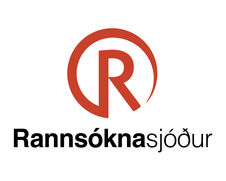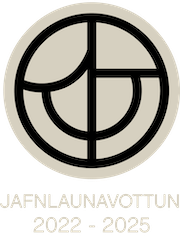Heildaráhrif á samfélagið við rafvæðingu samgangna á Íslandi (TIAe-) - verkefni lokið
Fréttatilkynning verkefnisstjóra
The shift to cleaner energy sources for transport, from petroleum products to alternative energy such as biofuels or electricity, will have multiple impacts on economic prosperity and wellbeing. The need to assess implications of such a transition is evident in order to facilitate a smooth transition and to avoid solutions that do not contribute to sustainable development nor enhance economic wellbeing.
Heiti verkefnis: Heildaráhrif á samfélagið við rafvæðingu samgangna á Íslandi (TIAe-)
Verkefnisstjóri: Brynhildur Davíðsdóttir, Háskóla Íslands
Tegund styrks: Verkefnisstyrkur
Styrkár: 2010-2012
Fjárhæð styrks: 10,14 millj. kr. alls
Tilvísunarnúmer Rannís: 100650

This study relied on the five (four) capitals theory, where participants developed a methodology that enables assessment of the impact of large-scale development projects or technological transitions on economic prosperity and well‐being. Impacts were assessed for four capital classes; man-made, natural, human and social and translated to economic costs or benefits. The results illustrate that electrified transport is the most feasible transition option for Iceland towards sustainable transport and energy independence. The net benefits derived are expected to be in the order of 31 billion ISK per annum accounting for e.g. all infrastructure costs associated with the change. This indicates that it is more expensive for the Icelandic society, measured in economic prosperity, to maintain the oil‐economy as is. Given careful assumptions applied in the project this result can be considered a low estimate of the eventual economic benefits that will be derived from the transition. These results and the derived policy implications provide support to any initiatives that aim to facilitate sustainable transport in Iceland.
The project has already been presented in 6 presentations both domestically as well as internationally. Two peer reviewed publications are pending in the publication process and two more are currently being written. In addition, a PhD thesis that depends on this project will be published and defended in 2015.


